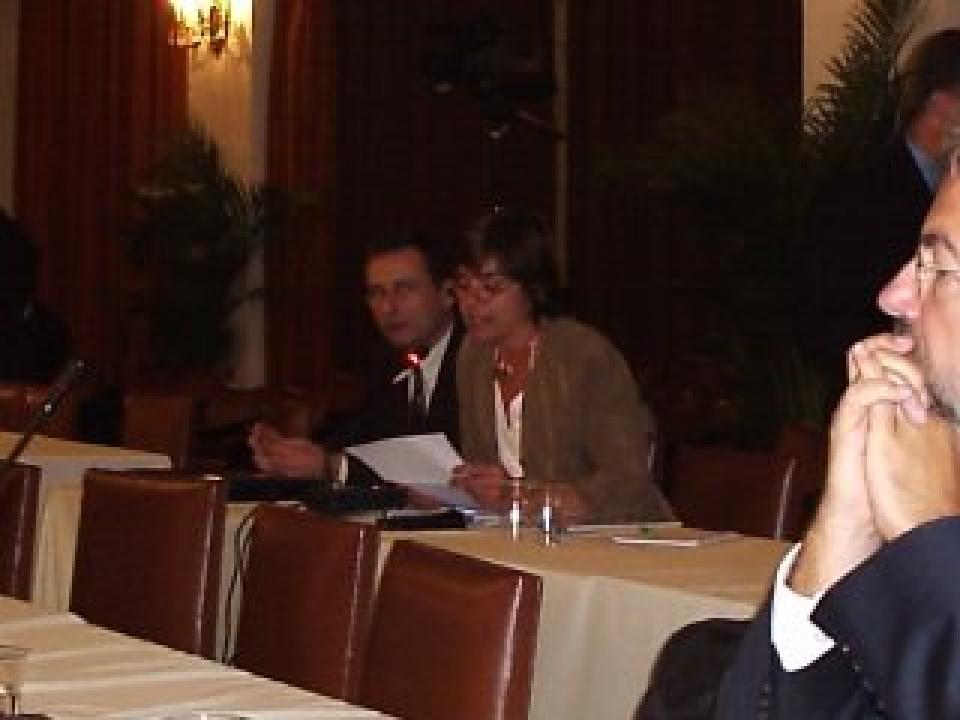
“The strategies and plans of action for the information society in Latin America and the Carribean region must have as its reference guide the human rights of all people, the public interest, the people’s empowerment taking into account the gender and race perspective, as well as the milenium development goals”. With this statement Dafne Sabanes Plou, coordinator of the APC WNSP in Latin America started her speech representing seventeen civil society organizations and networks present at the WSIS Regional Meeting for the Latin America and the Caribbean, held from June 8th to 10th in Rio de Janeiro.
The document read by Dafne in the government’s plenary in the first day of the meeting was produced by the civil society organizations and stressed the positions presented in the meeting organized by ECLAC in Quito, one month ago, regarding the prioritary aspects for the implementation of the ELac 2007 – the regional action plan for the information society. More than reaffirming principles that should base the development of the information society – equity, democracy, citizen participation, transparency, defense of the public interest – the document addressed the need for a gender perspective as a priority aspect in the construction of an inclusive and just information society, urging the governments to incorporate gender as a transversal axis in the ELac 2007.
A copy of the civil society statement was delivered to ECLAC, which is one of the supporters of the Rio meeting, and it’s going to be distributed to the governments delegations and international organisms present at the event.
In the first day of the meeting, among ten regional governmental delegations who spoke in the plenary only one mentioned the gender issue in its speech – the representative of the delegation of the Dominican Republic, who claimed that ICTs should be used to reduce social inequalities regarding gender and age.
All the delegations who spoke in the plenary were supportive to free and open software, although some of them – such as Chile, Argentina, the Dominican Republic - mentioned the importance of the possibility of choice among different technologies, defending what they call a technological pluralism. As it is happening in the global level, the issue of free software is one of the critical discussions in this regional meeting, together with the internet governance and financing.
During the three day meeting the ELac 2007 was exhaustively discussed - the document that was supposed to be ready on June 9th was only released in the evening of the 10th. During the last day of the event, other slots were opened to civil society in the plenary - when the gender caucus, the group of civil society organizations present in the Rio meeting, the indigenous group and the youth caucus presented their statements. Unexpectedly, the final version of the ELac 2007 did not include the creation of a working group on gender that was mentioned in the draft version. The feminist organizations regretted the decision and urged the governments to support the creation of this working group in order to assure that women have effective participation in national and regional decision making processes.
Although some delegations openly supported the importance of the gender perspective in order to build a fair and equal information society (such as the Argentinian and Dominican Republic) the gender and racial unbalance was evident in the conformation of the panels - most of the presentations were made by white men; there was surely no concern with diversity in the organization of the event.
- 4155 views






Add new comment